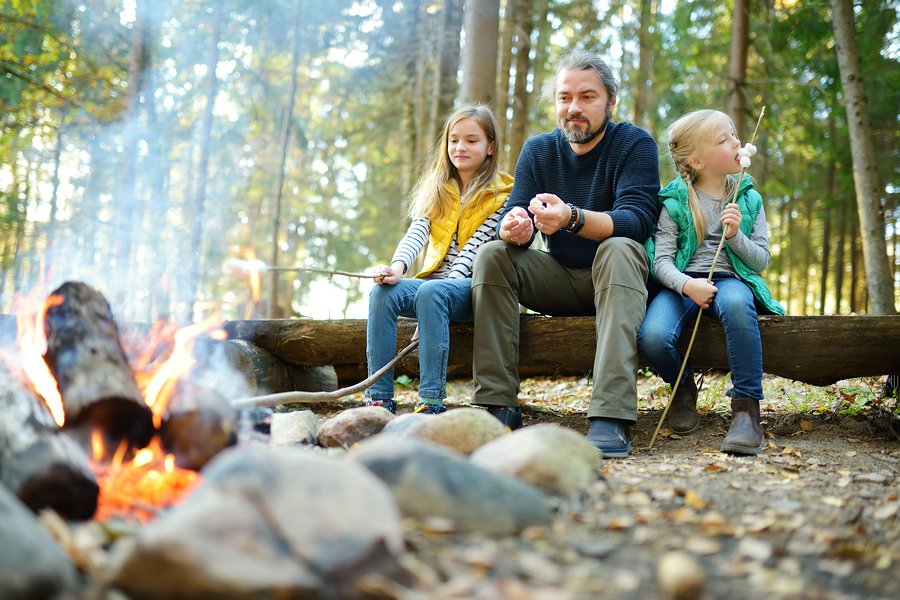Cass Lake & Duluth, MN, May 15, 2020 – On May 18, the Superior and Chippewa National Forests will open overnight camping in dispersed sites. Forest Service campgrounds will remain closed until further notice. This is in alignment with Minnesota Governor’s new order 20-56. For a full list of open areas and up-to-date information on re-openings, visit the Forests’ websites at: fs.usda.gov/superior and fs.usda.gov/chippewa.
“We understand the excitement for the public to enjoy their public land. Allowing dispersed overnight camping on the Minnesota National Forests now makes that possible,” says Darla Lenz, Chippewa Forest Supervisor. “We ask that visitors please continue to follow local, state and federal guidelines on staying safe and social distancing wherever they choose to visit.”
In addition, the Forests have lifted the current campfire restrictions, visitors are now permitted to have campfires, use charcoal grills, and wood-burning camp stoves on Chippewa and Superior National Forest lands. Visitors are urged to use care with campfires and make sure they are completely cold to the touch before leaving the area. The region is currently in spring wildfire season and there is a potential for any escaped fire to become a rapidly growing wildfire.
Visitors are asked to stay local whenever possible and pack out everything they bring, especially trash. Visitors are also urged to take the precautions recommended by the Centers for Disease Control and Prevention (CDC) along with local health and safety guidance. For tips from the CDC on preventing illnesses like the coronavirus, go to: cdc.gov/coronavirus/2019-ncov/about/prevention.html.
Responsible recreation will help expand access to facilities, services and other opportunities. Certain services may still be unavailable, so visitors are asked to plan accordingly and remain flexible.
The Forest Service understands and acknowledges that Tribal members may fulfill their federal treaty rights associated with the 1854 and 1855 treaties and are exempt from the restrictions, but they may be subject to restrictions by applicable tribal authorities.
Contact information for the Chippewa and Superior National Forests are available online at: fs.usda.gov/chippewa and fs.usda.gov/superior.

